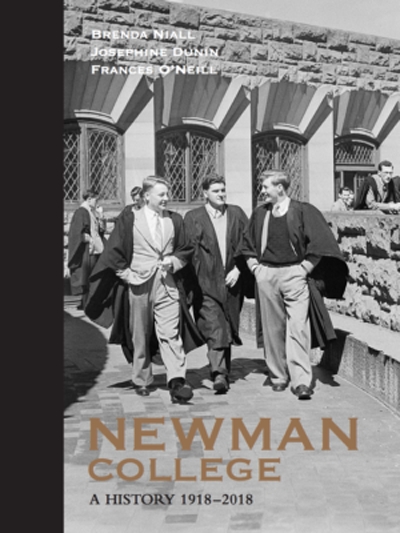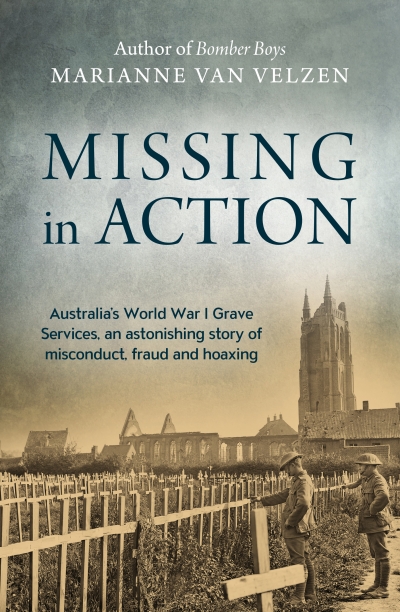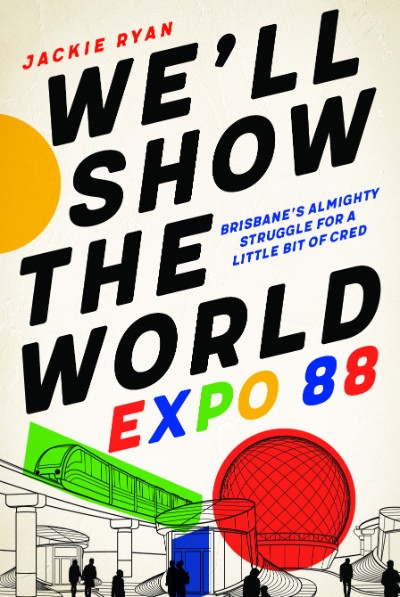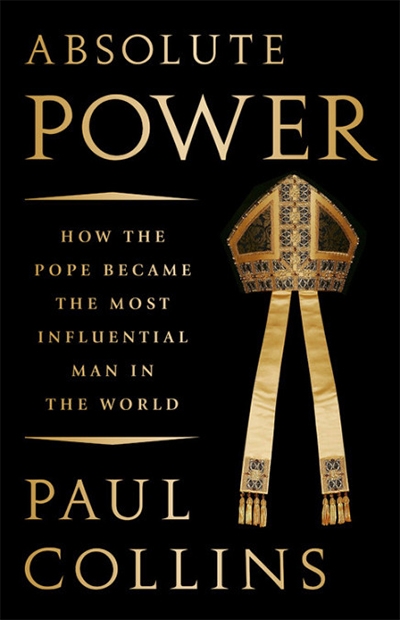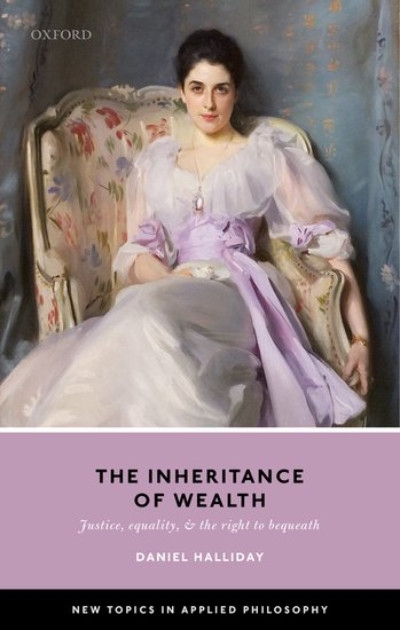Non Fiction
The third chapter of Axiomatic, ‘History Repeats Itself’, displays Maria Tumarkin’s gifts for threading the subjects of her interviews through personal questions and existential interrogations. Seen through Tumarkin’s eyes, Vanda, an indefatigable community lawyer, fights for her ...
... (read more)The Recovering: Intoxication and its aftermath by Leslie Jamison
There is an eerie sameness to addiction memoirs, which tend to follow the same basic structure. In the beginning, there is some immense and unassuageable pain, followed by the discovery of one substance or another that dulls some of that pain. Then comes the dawning realisation ...
... (read more)Newman College: A history 1918–2018 by Brenda Niall, Josephine Dunin, and Frances O’Neill
Drive along College Crescent, the circular avenue that forms Melbourne University’s northern order, and you will see the series of sedate, handsome university colleges that line the edge: Newman, Queen’s, Ormond, Trinity, plus the newer women’s colleges of St Mary’s, St Hilda’s, and Janet Clarke Hall. The impression today of quiet élitism and learning may be just, but the weathered stone has seen some turbulent times.
... (read more)Missing in Action: Australia’s World War I grave services, an astonishing story of misconduct, fraud and hoaxing by Marianne van Velzen
Apart from its value as a case study in bureaucratic corruption and incompetence caused by lack of proper oversight, Missing in Action serves as an important reminder that the trauma of Australia’s involvement in World War I did not end with the Armistice. The appalling loss of life ...
... (read more)Chopin’s Piano: A journey through Romanticism by Paul Kildea
Some things are easier to lose than others, but how does a piano come to be mislaid? When that piano has been lugged up and down an island mountain, made one – perhaps two – sea crossings, and been looted by the Nazis, there could be any number of causes for its disappearance ...
... (read more)Born in 1825, Brisbane is an elderly lady who has been to a surprising number of ‘coming of age’ balls. Numerous historians, officials, speechmakers, and journalists for several decades have implied that Brisbane (as of 1982, 1988, or whenever) is now not only the belle of the ball, but she ...
... (read more)The basic thesis of this book is that the gay movement has settled for accommodation rather than radical change, ignoring the ways in which larger social and economic inequalities impact on large numbers of homosexual and transsexual people, especially those who are not ...
... (read more)Absolute Power: How the pope became the most influential man in the world by Paul Collins
For more than thirty years, Paul Collins has been His Holiness’s loyal opposition. Absolute Power is the latest round in his spirited debate with the Vatican, the government which has the largest constituency of any in the world. Collins’s interest, in fact obsession, is in the nature ...
... (read more)The Veiled Sceptre: Reserve powers of heads of state in Westminster systems by Anne Twomey
The first season of Netflix’s drama The Crown sees the young Princess Elizabeth’s constitutional education taken in hand by Eton history master Henry Marten, whose schooling of the future monarch was largely historical rather than legal, a necessity given Britain’s ...
... (read more)The Inheritance of Wealth: Justice, equality, and the right to bequeath by Daniel Halliday
To what extent does the social practice of inheritance undermine social justice? Indeed, if inheritance does further inequality, should we, in order to ensure a fairer society, restrict the right to bequeath? A mainstay of political philosophy since the late seventeenth century, questions such as ...
... (read more)


